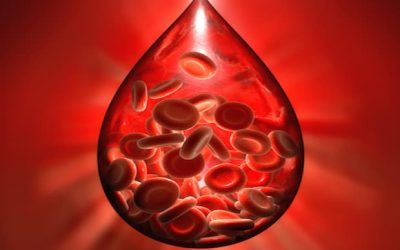Novartis’ Extavia is the only beta interferon being endorsed by the National Institute for Health and Care Excellence as a cost-effective treatment option for multiple sclerosis.
In draft guidance, the Institute has recommended routine funding for the drug to treat adults with relapsing-remitting multiple sclerosis (RRMS) or secondary progressive MS with continued relapses.
Extavia is a beta 1b interferon and is self-injected every two days, that slows down damage to the nervous system caused by the condition and reduces the number of MS related relapses.
The decision came after Novartis offered to discount Extavia’s list price of £7,259 per patient per year, through a confidential patient access scheme agreed with the Department of Health.
“We are delighted that Novartis has been able to agree a reduction to the price of Extavia to allow it to be made routinely available to people with this type of multiple sclerosis,” said Professor Carole Longson, director of the centre for health technology evaluation at NICE.
“We are keen to work with the companies for the other drugs to ensure that patients continue to benefit from a choice in treatment for multiple sclerosis.”
On the downside, NICE did not recommend glatiramer acetate and the other beta interferons (Avonex, Betaferon, Plegridy and Rebif) as treatment options for people with MS, as they were found to be not cost effective.
These therapies had been available on the NHS through the Department of Health’s Risk Sharing Scheme (RSS), which has now ended.
The MS Society says the move will limit patient choice.
“We’re worried about what this proposal means for the future of patient choice,” said Genevieve Edwards, the charity’s director of External Affairs.
“We have made so much progress on treatment options for people with MS, and it would be a significant step backwards if people with MS were now left with less choice and potentially no effective option.”
The charity says it wants drugmakers to keep negotiating and come to a deal with NICE and NHS England so patients don’t lose out. “Everyone with MS should be able to get fair and equal access to the right treatments at the right time.”
MS affects around 116,000 people in England, of whom 40,000 people have RRMS.









